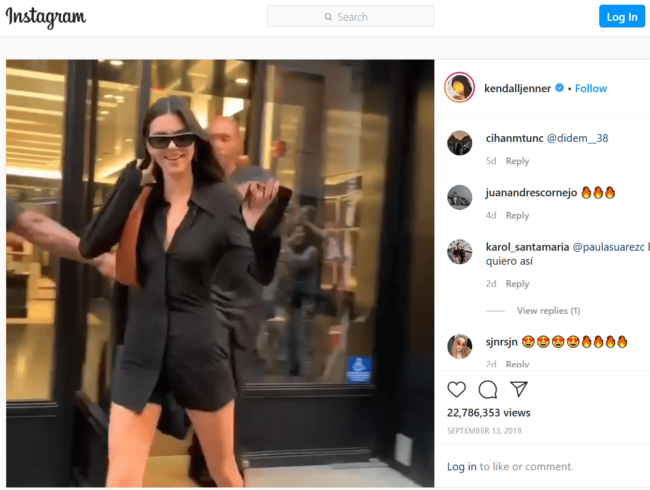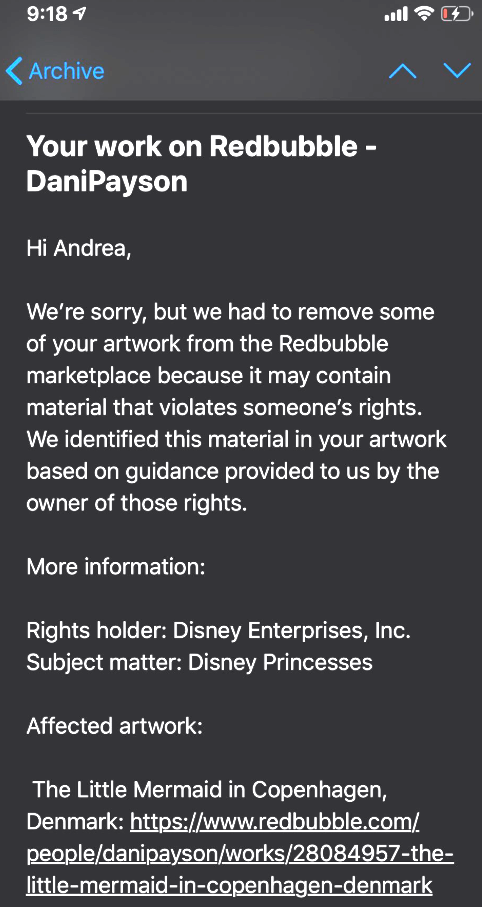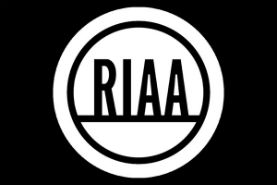‘YouTube is Not Required to Share Email and IP-Addresses of Movie Pirates’
jeudi 2 avril 2020 à 21:51 YouTube’s users upload millions of hours of videos every month. As with any user-generated content site, this also includes copyright-infringing content.
YouTube’s users upload millions of hours of videos every month. As with any user-generated content site, this also includes copyright-infringing content.
This abuse is a thorn in the side of some copyright holders. Although they can send takedown requests to remove pirated content, some companies want to go after the infringers.
This is what happened in Germany, where the local company “Constantin Film” went after three YouTube users. These account holders had uploaded copies of the movies “Scary Movie 5” or “Parker” without permission, which were then viewed thousands of times.
The movie company demanded that Google and YouTube should share the email addresses, IP-addresses, and phone numbers that were tied to these accounts and took the matter to a local court.
Initially, this request was turned down by the Frankfurt District Court, but the Higher Regional Court later ruled that YouTube should hand over the associated email addresses, but not the IP-addresses and phone numbers.
Neither party was happy with this outcome and the case was sent to Germany’s Federal Court of Justice for another ruling. Before making a final judgment, the German court sent some questions to the EU Court of Justice, asking for input on how to interpret EU law in this matter.
While both German and EU legislation grant copyright holders the right to know who the copyright infringer is, it’s not clear what information should be handed over. Article 8 of the EU Copyright Directive from 2004 doesn’t go any further than mentioning “names and addresses” without any further specification.
To clarify the position, Germany’s Federal Court asked whether the law should be interpreted in a way that also covers email addresses, phone numbers, and IP-addresses. In an advisory opinion released by EU Advocate General Henrik Saugmandsgaard Øe, this should not be the case.
The Advocate General believes that the ‘names’ and ‘addresses’ mentioned in Article 8 should be interpreted literally. In other words, it refers to the usual meaning in everyday language, which doesn’t cover email addresses, IP-addresses, and certainly not phone numbers.
“There is little doubt that, in everyday language, the concept of a person’s ‘address’, about which the referring court asks in particular, covers only the postal address, as YouTube and Google have rightly submitted,” Saugmandsgaard Øe writes.
The Advocate General understands that Constantin Film would like this language to be updated, so it also includes digital addresses, but he adds that this is something that lawmakers must address, not the court.
“Article 8(2) […] must be interpreted as meaning that the concept of ‘names and addresses’ set out in that provision does not cover, in respect of a user who has uploaded files which infringe intellectual property rights, the email address, the telephone number, the IP address used to upload those files or the IP address used when the user’s account was last accessed.
“Accordingly, the Member States are not obliged, under that provision, to provide for the possibility, for the competent judicial authorities, to order that that information be provided in the context of proceedings concerning an infringement of an intellectual property right.”
This means that, based on this opinion, Germany’s Federal court can order YouTube and Google to hand over the names and postal addresses of the uploaders, but not the emails, IP-addresses, and phone numbers.
The Advocate General’s advice is not binding. However, in most cases the recommendations are followed by the EU Court of Justice, which will likely issue its final verdict later this year.
Drom: TF, for the latest news on copyright battles, torrent sites and more. We also have an annual VPN review.


 Three years ago, the torrent community was hit hard when the popular torrent site ExtraTorrent suddenly
Three years ago, the torrent community was hit hard when the popular torrent site ExtraTorrent suddenly 



 Earlier this year, popular hip-hop mixtape website and app Spinrilla filed a lawsuit against the RIAA.
Earlier this year, popular hip-hop mixtape website and app Spinrilla filed a lawsuit against the RIAA. 